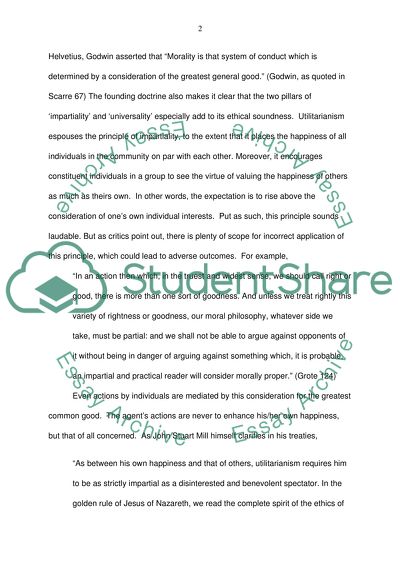Cite this document
(“Universalist and impartialist about Utilitarianism Essay”, n.d.)
Universalist and impartialist about Utilitarianism Essay. Retrieved from https://studentshare.org/philosophy/1470194-universalist-and-impartialist-about-utilitarianism
Universalist and impartialist about Utilitarianism Essay. Retrieved from https://studentshare.org/philosophy/1470194-universalist-and-impartialist-about-utilitarianism
(Universalist and Impartialist about Utilitarianism Essay)
Universalist and Impartialist about Utilitarianism Essay. https://studentshare.org/philosophy/1470194-universalist-and-impartialist-about-utilitarianism.
Universalist and Impartialist about Utilitarianism Essay. https://studentshare.org/philosophy/1470194-universalist-and-impartialist-about-utilitarianism.
“Universalist and Impartialist about Utilitarianism Essay”, n.d. https://studentshare.org/philosophy/1470194-universalist-and-impartialist-about-utilitarianism.


